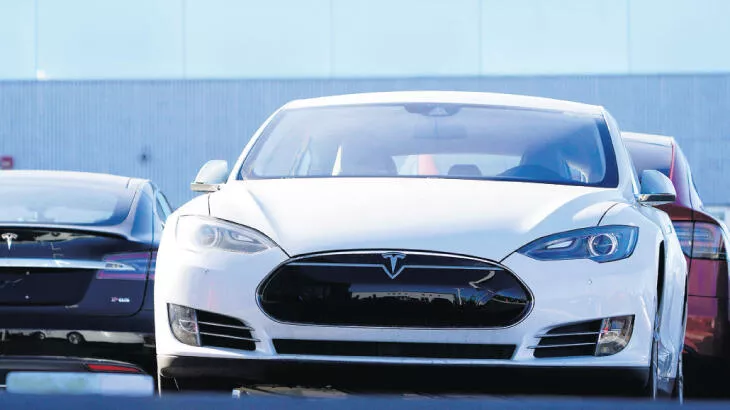2232
0
Tesla closed 2021 with record number of sales
Electric car manufacturer Tesla completed the fourth quarter of 2021 with 308,600 and the year with a record 936,172 sales...

Yazar: James Gordon
Yayınlanma: 4 Ocak 2022 00:19
Güncellenme: 3 Mart 2026 04:00
With the acceleration it provides in European and Chinese sales, the company's production and sales figures are expected to increase much more rapidly with the Berlin and Austin factories coming into operation in 2022.
According to the statement made by Tesla, it will be completed in 2021 despite the computer chip shortage that has interrupted automobile production worldwide.
Tesla stated that they had delivered 936,172 vehicles. Despite the difficulties in chip supply, the electric automotive giant, which increased its production, especially in the Chinese market, made a record delivery in the sixth quarter of a row.
Sales of Tesla Cars by Years
2021 - 936,172
2020 - 499,647
2019 - 367,656
2018 - 245,491
2017 - 103,014
2016 - 75,890
2015 - 50,792
2014 - 31,655
2013 - 22,442
2012 - 2,919
2011 - 674
2010 - 498
The overwhelming share of deliveries were the Model 3 sedan and Model Y hatchback.
Tesla increased its sales despite the global shortage of computer chips that serve as the brains of various electronic devices, including motor controllers and touchscreens. The famine forced most automakers to close some factories for weeks at a time, preventing them from producing as many vehicles as they had planned.
So how did Tesla cope with the chip crisis?
Tesla overcame the chip crisis, which especially affected the automotive and technology sectors around the world, by strengthening the software infrastructure for alternative solutions, by using the advantage of working directly with chip companies, and by strengthening the integration of parts with its design knowledge from scratch.
İLGİLİ HABERLER





European stocks soared and focus shifted to German retail sales after Powell's speech!

Forex Signal For TRY/USD: Inflation Slowdown in November.

Forex Signal For GBP/USD: Bullish Trend Still Not Breaking While Recovery Continues.

Forex Signal For EUR/USD: Starry US Data Points to Higher Fed Increases.

Forex Signal For BTC/USD: Downside Continues as Bitcoin Recovery Moves Less.
En Popüler Haberler
Yorum Yap
Yorumlar
Henüz yorum yapan yok! İlk yorumu siz yapın...